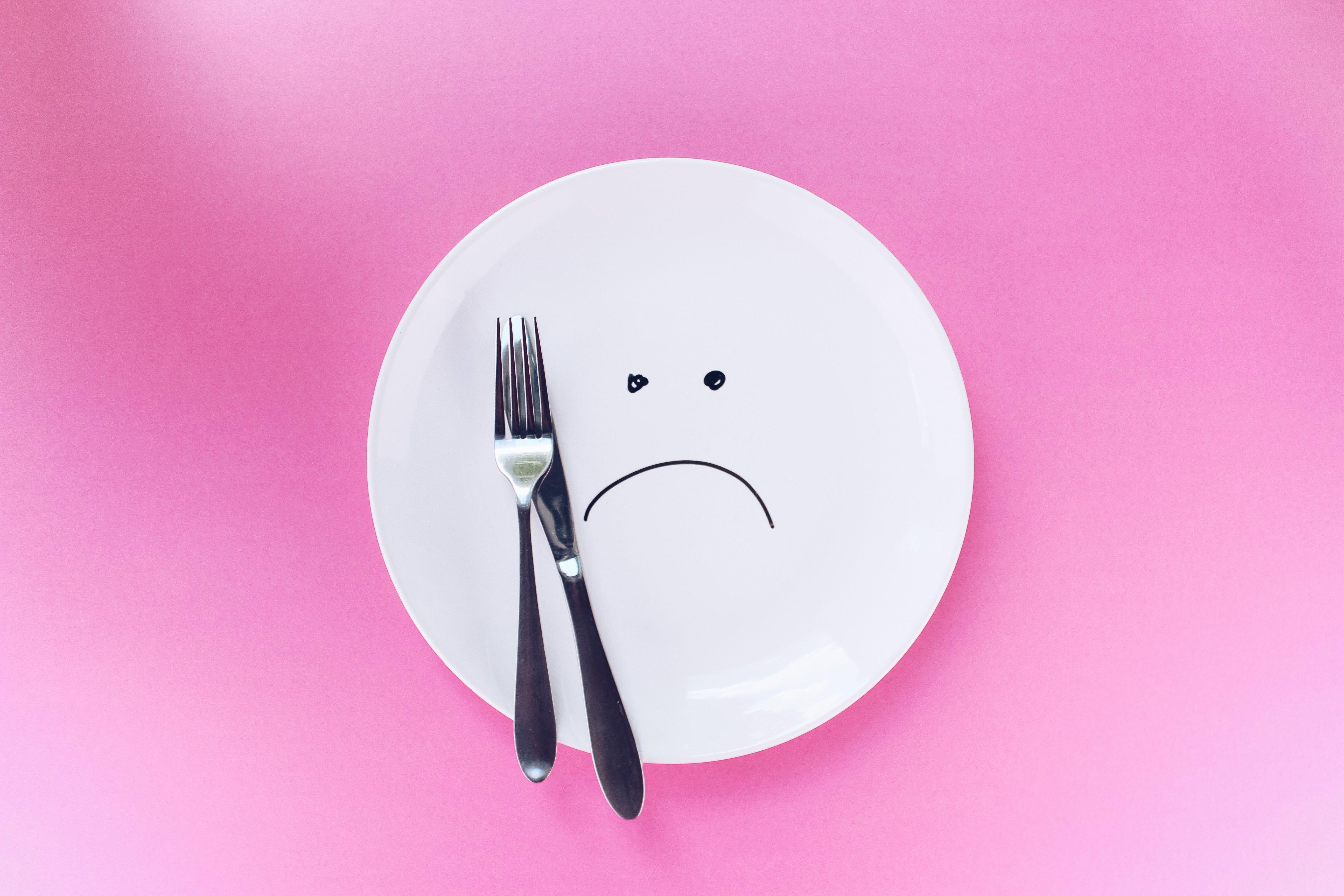Bulimia Nervosa: The Signs, Symptoms, & Impact
Bulimia Nervosa
According to the National Eating Disorder Association…
Bulimia nervosa is a serious, potentially life-threatening eating disorder characterized by a cycle of bingeing and compensatory behaviors such as self-induced vomiting designed to undo or compensate for the effects of binge eating.
Symptoms
- Frequent episodes of consuming very large amount of food followed by behaviors to prevent weight gain, such as self-induced vomiting.
- A feeling of being out of control during the binge-eating episodes.
- Self-esteem overly related to body image.
The chance for recovery increases the earlier bulimia nervosa is detected. Therefore, it is important to be aware of some of the warning signs of bulimia nervosa.
Warning Signs of Bulimia Nervosa
- Evidence of binge eating, including disappearance of large amounts of food in short periods of time or finding wrappers and containers indicating the consumption of large amounts of food.
- Evidence of purging behaviors, including frequent trips to the bathroom after meals, signs and/or smells of vomiting, presence of wrappers or packages of laxatives or diuretics.
- Excessive, rigid exercise regimen–despite weather, fatigue, illness, or injury, the compulsive need to “burn off” calories taken in.
- Unusual swelling of the cheeks or jaw area.
- Calluses on the back of the hands and knuckles from self-induced vomiting.
- Discoloration or staining of the teeth.
- Creation of lifestyle schedules or rituals to make time for binge-and-purge sessions.
- Withdrawal from usual friends and activities.
- In general, behaviors and attitudes indicating that weight loss, dieting, and control of food are becoming primary concerns.
- Continued exercise despite injury; overuse injuries.
Health Consequences of Bulimia Nervosa
Bulimia nervosa can be extremely harmful to the body. The recurrent binge-and-purge cycles can damage the entire digestive system and purging behaviors can lead to electrolyte and chemical imbalances in the body that affect the heart and other major organ functions. Some of the health consequences of bulimia nervosa include:
- Electrolyte imbalances that can lead to irregular heartbeats and possibly heart failure and death. Electrolyte imbalance is caused by dehydration and loss of potassium and sodium from the body as a result of purging behaviors.
- Inflammation and possible rupture of the esophagus from frequent vomiting.
- Tooth decay and staining from stomach acids released during frequent vomiting.
- Chronic irregular bowel movements and constipation as a result of laxative abuse.
- Gastric rupture is an uncommon but possible side effect of binge eating.
About Bulimia Nervosa
- Bulimia nervosa affects 1-2% of adolescent and young adult women.
- Approximately 80% of bulimia nervosa patients are female.
- People struggling with bulimia nervosa usually appear to be of average body weight.
- Many people struggling with bulimia nervosa recognize that their behaviors are unusual and perhaps dangerous to their health.
- Bulimia nervosa is frequently associated with symptoms of depression and changes in social adjustment.
- Risk of death from suicide or medical complications is markedly increased for eating disorders
